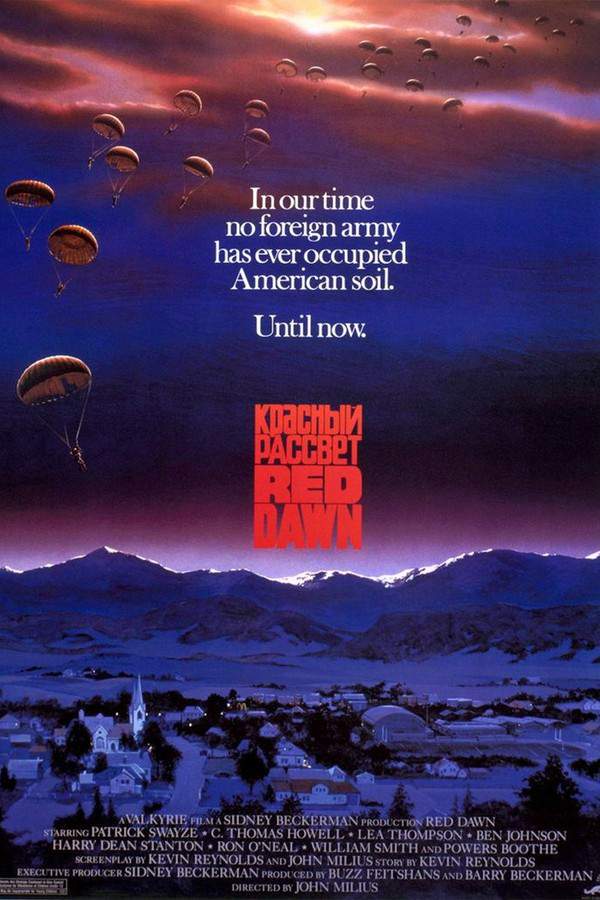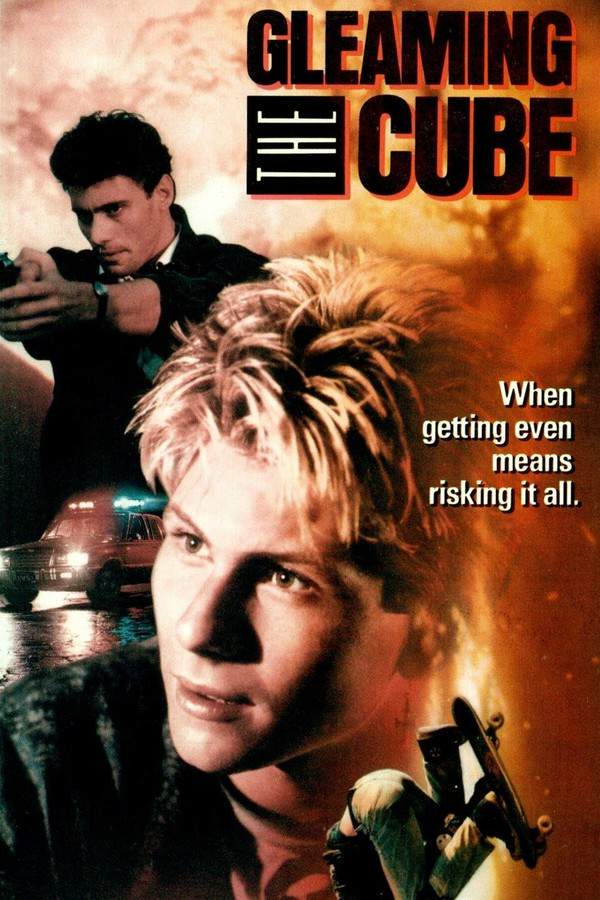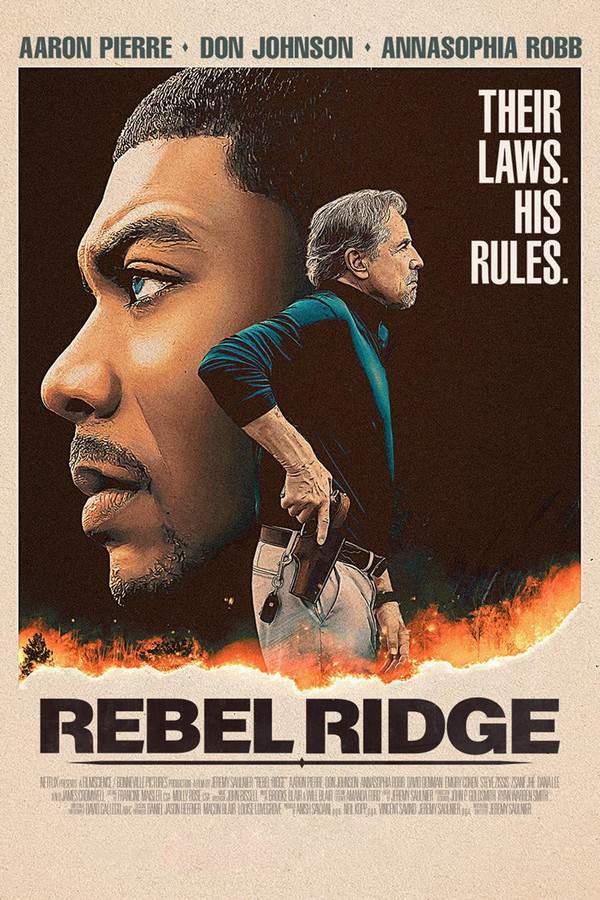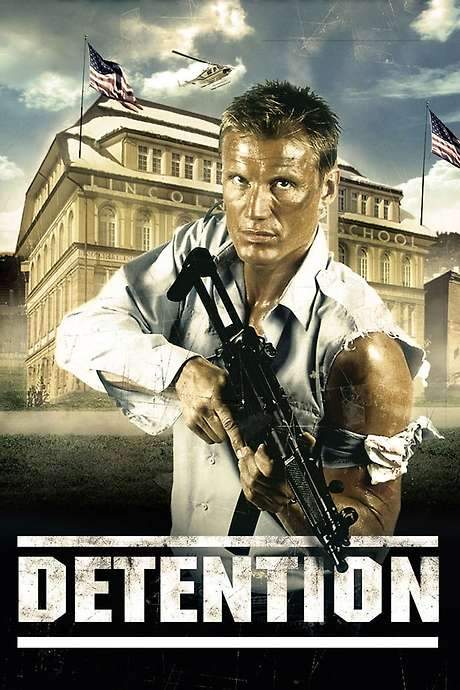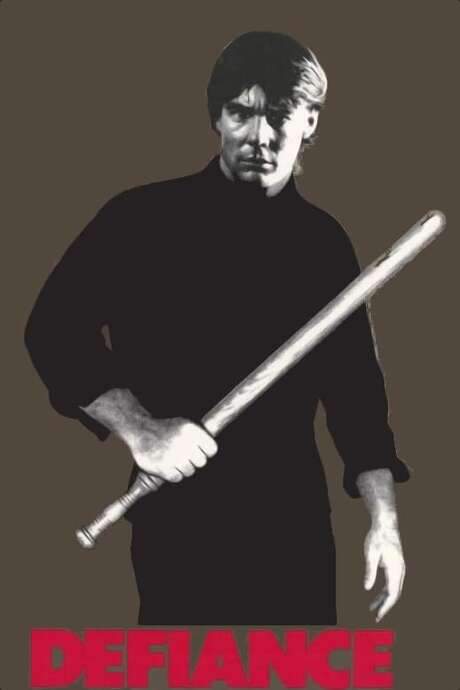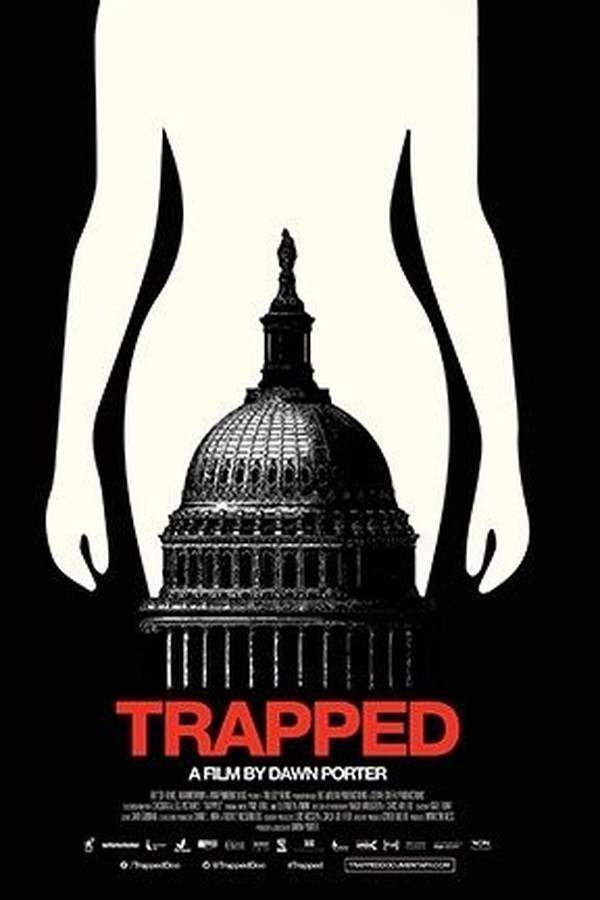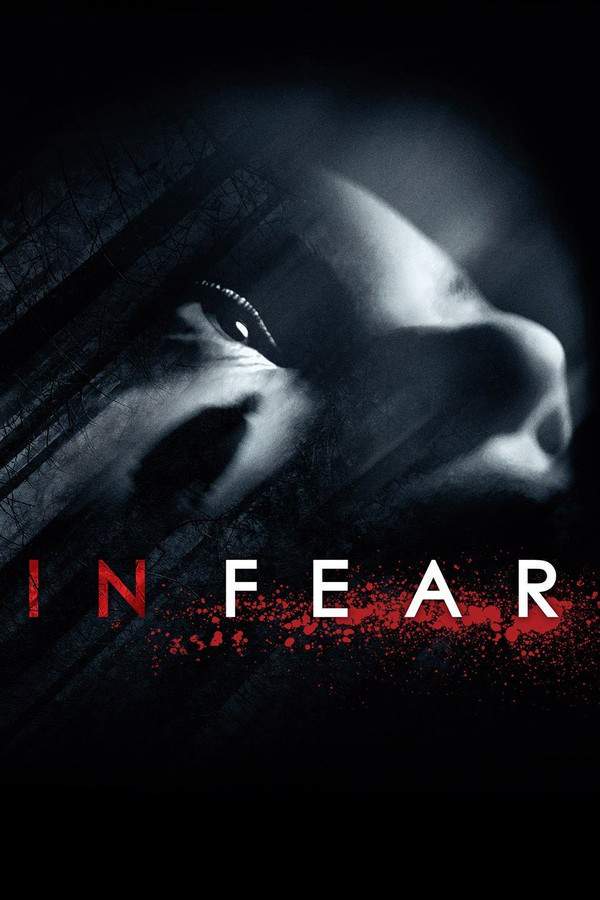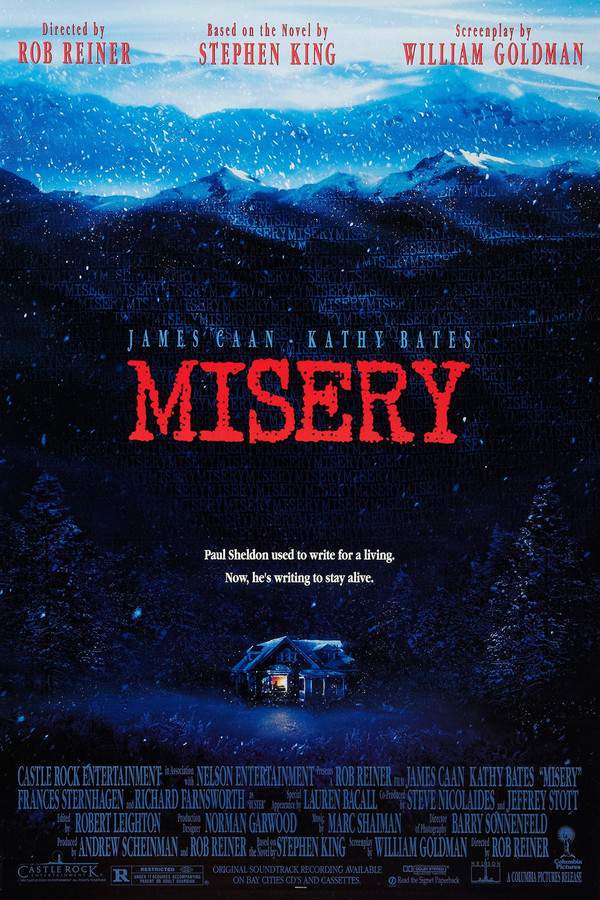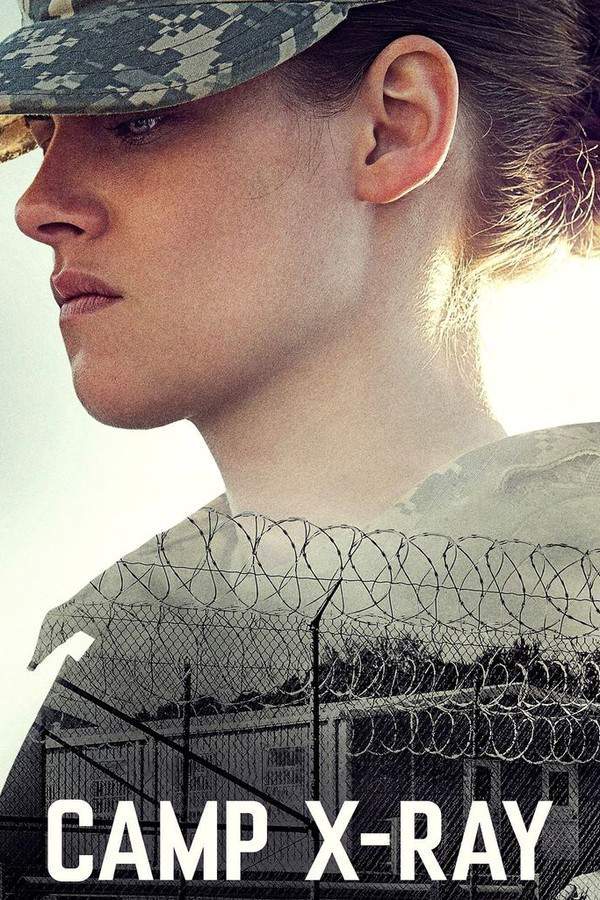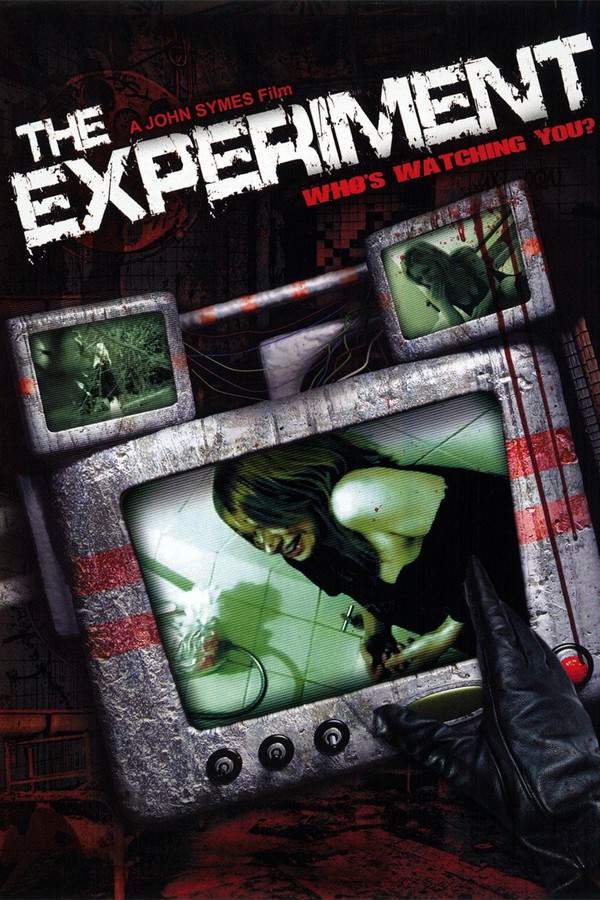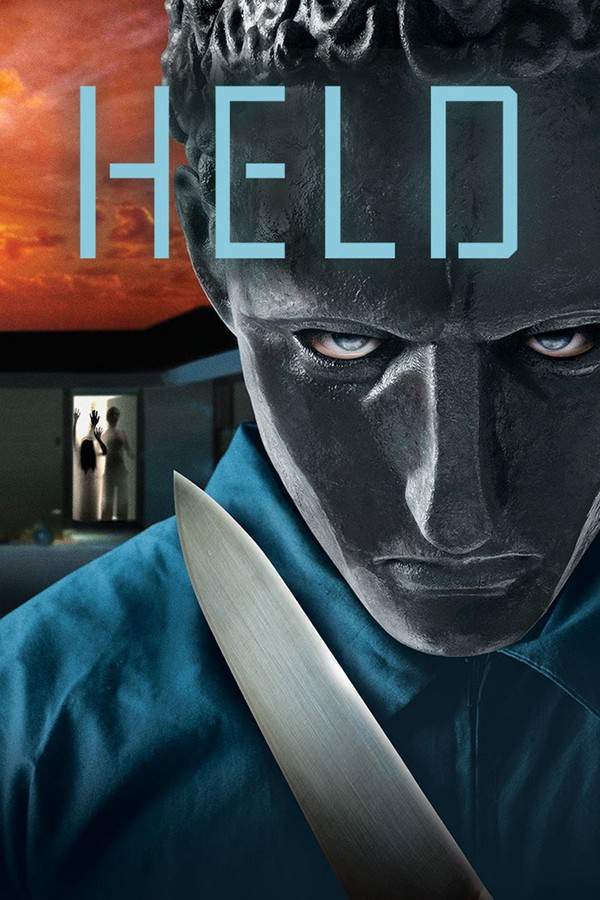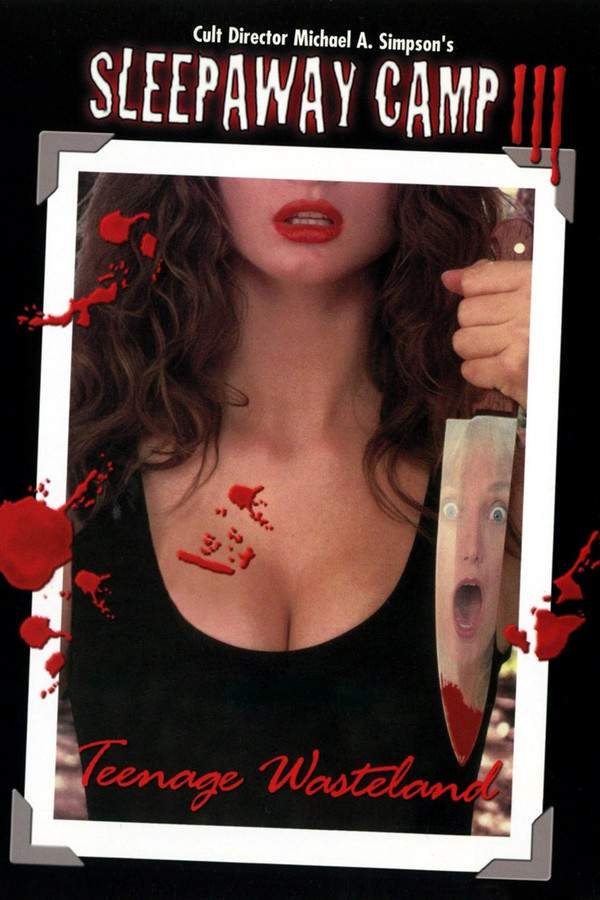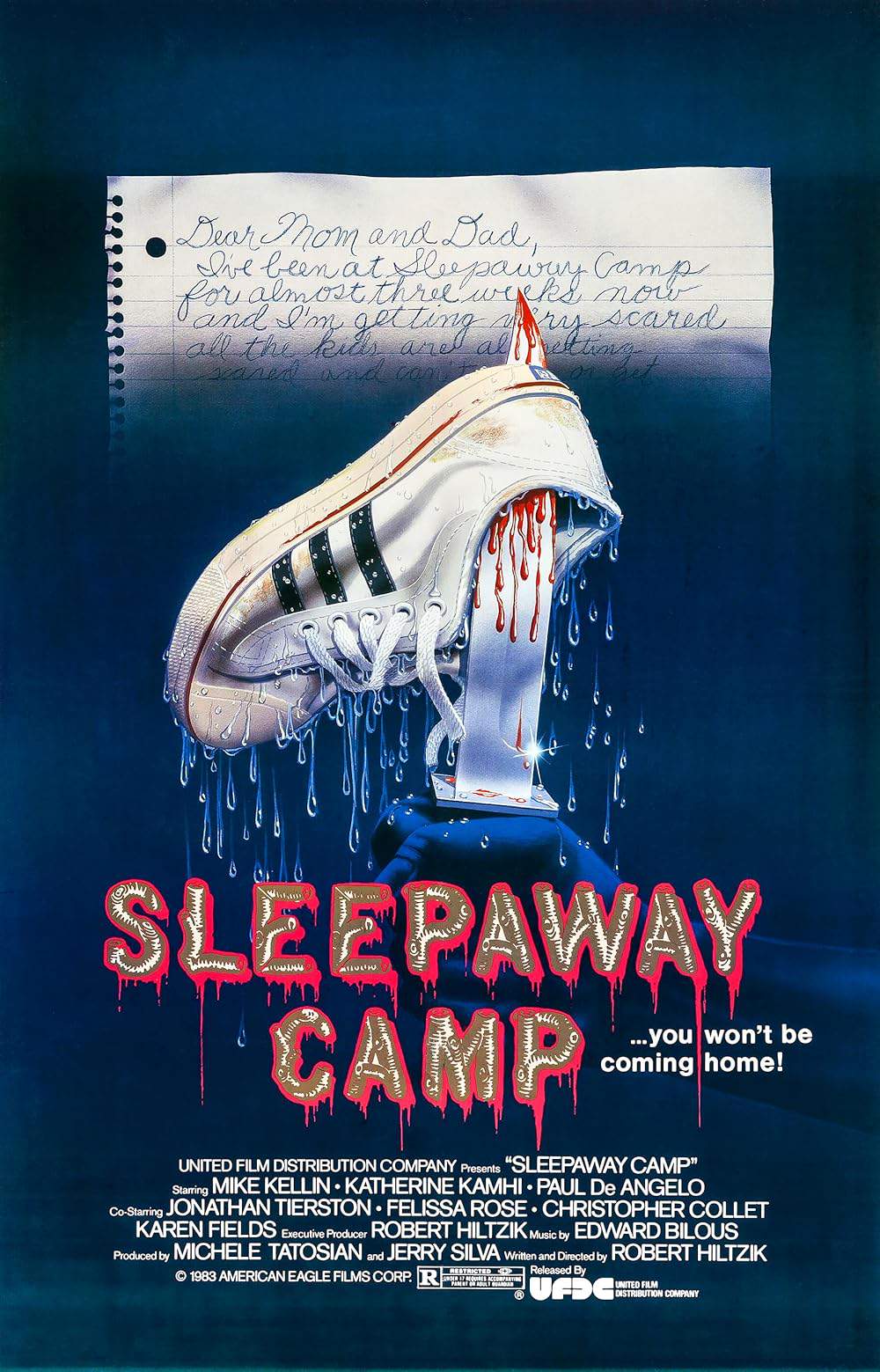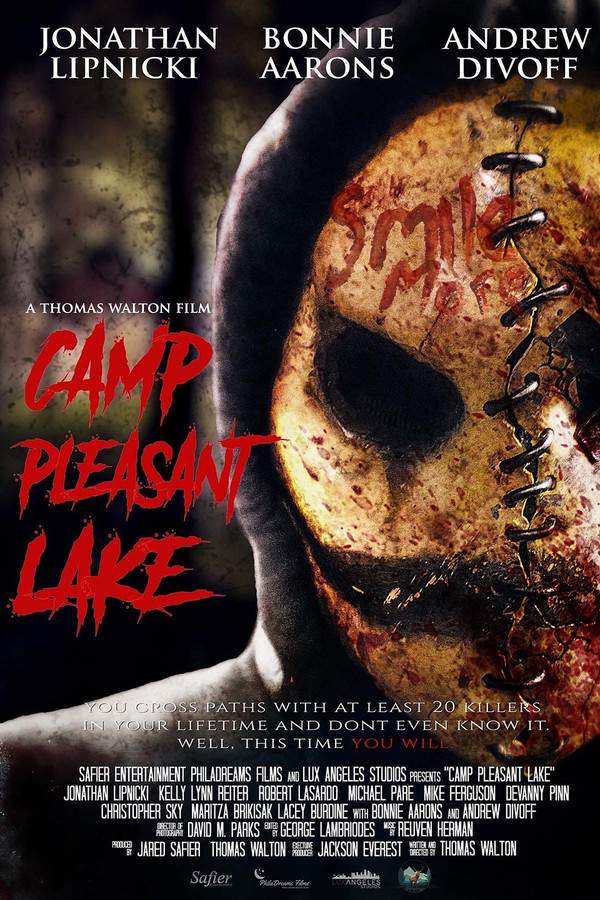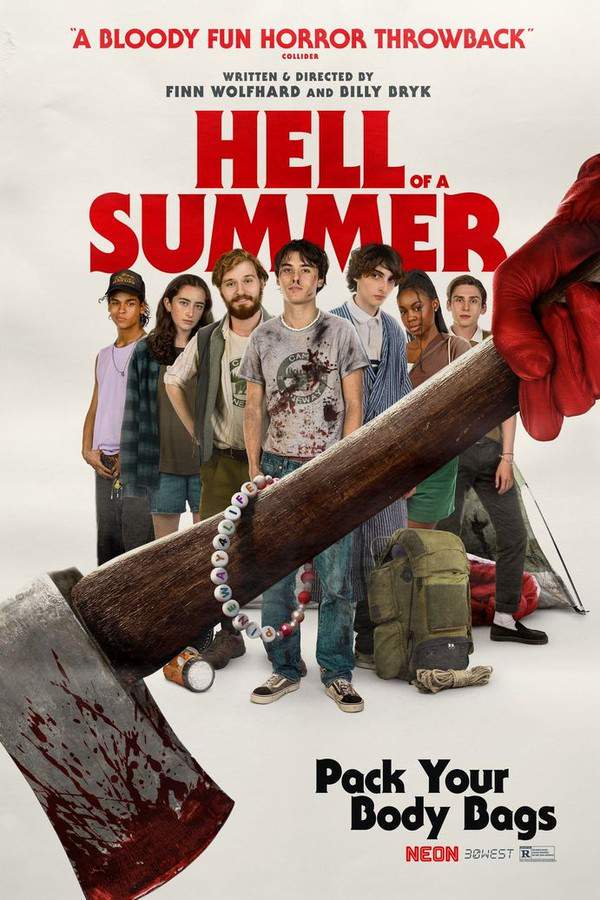
Summer Camp Nightmare
Year: 1987
Runtime: 89 mins
Language: English
Director: Bert L. Dragin
What begins as a harmless game pitting campers against their counselors quickly spirals into a terrifying ordeal. When the authoritarian camp director pushes the youth too far, a determined group of campers stage a rebellion, seizing control of the camp and turning the nightmare into a full‑blown revolution.
Warning: spoilers below!
Haven’t seen Summer Camp Nightmare yet? This summary contains major spoilers. Bookmark the page, watch the movie, and come back for the full breakdown. If you're ready, scroll on and relive the story!
Timeline & Setting – Summer Camp Nightmare (1987)
Explore the full timeline and setting of Summer Camp Nightmare (1987). Follow every major event in chronological order and see how the environment shapes the story, characters, and dramatic tension.
Last Updated: October 04, 2025 at 13:24
Main Characters – Summer Camp Nightmare (1987)
Meet the key characters of Summer Camp Nightmare (1987), with detailed profiles, motivations, and roles in the plot. Understand their emotional journeys and what they reveal about the film’s deeper themes.
Last Updated: October 04, 2025 at 13:24
Major Themes – Summer Camp Nightmare (1987)
Explore the central themes of Summer Camp Nightmare (1987), from psychological, social, and emotional dimensions to philosophical messages. Understand what the film is really saying beneath the surface.
Last Updated: October 04, 2025 at 13:24
Explore Movie Threads
Discover curated groups of movies connected by mood, themes, and story style. Browse collections built around emotion, atmosphere, and narrative focus to easily find films that match what you feel like watching right now.
Movies about teen rebellion turning dangerous like Summer Camp Nightmare
Stories where teenage rebellion escalates into dangerous mob rule and moral collapse.If you liked the reckless uprising and moral chaos in Summer Camp Nightmare, explore these movies where teen rebellion spins out of control. These stories feature youth challenging authority, only for their revolt to descend into violence, fear, and survival, creating a tense and unsettling viewing experience.
Narrative Summary
Stories in this thread typically follow a group of young people who feel oppressed by an unjust authority figure. Their initial act of defiance snowballs into a full-scale takeover, but the intoxicating power soon corrupts them, leading to internal conflict, false accusations, and violence that overshadows their original cause.
Why These Movies?
These movies are grouped by their shared focus on the dangerous potential of collective youth action. They share a tense, oppressive tone and explore themes of power dynamics, the loss of innocence, and the frightening speed at which order can disintegrate into chaos.
Confined psychological thrillers with high tension like Summer Camp Nightmare
Thrillers where a contained group faces a psychological breaking point under pressure.Fans of the claustrophobic fear and escalating tension in Summer Camp Nightmare will find similar stories here. These movies trap characters in isolated settings, where psychological stress leads to paranoia, power struggles, and survival, creating an anxious and oppressive atmosphere.
Narrative Summary
The narrative pattern involves a group of people confined together in a remote or controlled setting. An external or internal threat—often an authoritarian figure or a shared trauma—causes the group's dynamics to fracture. The story steadily escalates the psychological pressure, leading to a breakdown of rules and a desperate fight for survival within the confined space.
Why These Movies?
These films are united by their use of a confined setting as a catalyst for psychological terror. They share a steady, building pace that creates unbearable tension, a high-intensity viewing experience, and a focus on the dark side of human nature when societal structures fail.
Unlock the Full Story of Summer Camp Nightmare
Don't stop at just watching — explore Summer Camp Nightmare in full detail. From the complete plot summary and scene-by-scene timeline to character breakdowns, thematic analysis, and a deep dive into the ending — every page helps you truly understand what Summer Camp Nightmare is all about. Plus, discover what's next after the movie.
Summer Camp Nightmare Summary
Read a complete plot summary of Summer Camp Nightmare, including all key story points, character arcs, and turning points. This in-depth recap is ideal for understanding the narrative structure or reviewing what happened in the movie.

Summer Camp Nightmare Timeline
Track the full timeline of Summer Camp Nightmare with every major event arranged chronologically. Perfect for decoding non-linear storytelling, flashbacks, or parallel narratives with a clear scene-by-scene breakdown.

Summer Camp Nightmare Spoiler-Free Summary
Get a quick, spoiler-free overview of Summer Camp Nightmare that covers the main plot points and key details without revealing any major twists or spoilers. Perfect for those who want to know what to expect before diving in.

More About Summer Camp Nightmare
Visit What's After the Movie to explore more about Summer Camp Nightmare: box office results, cast and crew info, production details, post-credit scenes, and external links — all in one place for movie fans and researchers.

Similar Movies to Summer Camp Nightmare
Discover movies like Summer Camp Nightmare that share similar genres, themes, and storytelling elements. Whether you’re drawn to the atmosphere, character arcs, or plot structure, these curated recommendations will help you explore more films you’ll love.
Explore More About Movie Summer Camp Nightmare
Summer Camp Nightmare (1987) Plot Summary & Movie Recap
Summer Camp Nightmare (1987) Scene-by-Scene Movie Timeline
Summer Camp Nightmare (1987) Spoiler-Free Summary & Key Flow
Movies Like Summer Camp Nightmare – Similar Titles You’ll Enjoy
Sleepaway Camp III: Teenage Wastelend (1989) Complete Plot Breakdown
Sleepaway Camp (1983) Story Summary & Characters
Camp Pleasant Lake (2024) Plot Summary & Ending Explained
Hell of a Summer (2025) Ending Explained & Film Insights
Camp Blood (2000) Story Summary & Characters
Camp Utopia (2002) Plot Summary & Ending Explained
Sleepover Nightmare (2005) Movie Recap & Themes
The Summer of the Massacre (2006) Ending Explained & Film Insights
Twisted Nightmare (1987) Spoiler-Packed Plot Recap
Sleepaway Camp II: Unhappy Campers (1988) Full Summary & Key Details
Cheerleader Camp (1988) Plot Summary & Ending Explained
Camp Twilight (2020) Spoiler-Packed Plot Recap
Bloody Summer Camp (2021) Movie Recap & Themes
The Camp (2021) Story Summary & Characters
Final Summer (2023) Complete Plot Breakdown





